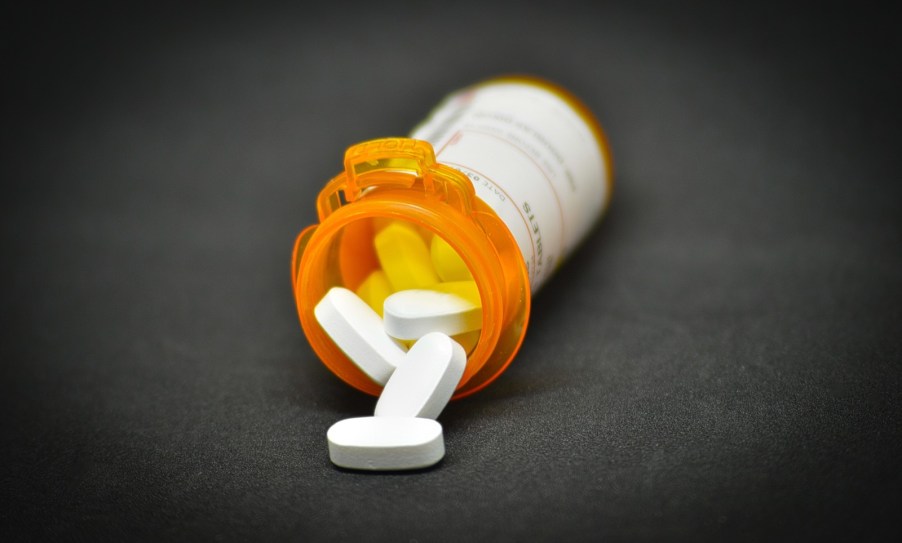
4 prescription medications that can land you a DUI
Yes, you can get a DUI for driving “under the influence” of legal and prescribed medications. In this case, a police officer would need to testify that you are “intoxicated,” i.e., unable to safely operate your vehicle. And in all but one rare instance, the judge wouldn’t care that you have a legal prescription. The experts at the Appelman Law Firm warn that common prescriptions that could land you with a DUI include:
- Painkillers
- Antidepressants
- Muscle relaxers
- Anxiety medications
But the list doesn’t stop there: sleep aids, decongestants, allergy meds, anti-seizure medications, and certain cold or flu medications could also leave you too “intoxicated” to drive. If you live in a state where marijuana is prescribed by doctors, being under the influence of THC could still land you with a DUI. Any medication that makes you slightly drowsy, dizzy, nauseous, or blurs your vision could put you at risk of a DUI–or an accident.
Common painkillers include Vicodin (hydrocodone-acetaminophen), Tramadol (also sold as Ultram or Conzip), OxyContin, Percocet, and Morphine Sulfate. Many have side effects such as sleepiness and lightheadedness and thus warn against taking them before operating heavy machinery. Your car, of course, is a piece of heavy machinery.
A 2023 study even found that drivers 65 and older had a higher risk of failing a roadside sobriety test on non-steroidal anti-inflammatory drugs (aspirin, ibuprofen, naproxen, Advil, Motrin, etc.).
According to Kimberly Zammit, executive director for Clinical Pharmacy Services at Mount Sinai Health System, you also need to be careful driving on some antidepressants. “First-generation antidepressants (amitriptyline, nortriptyline and others) and antihistamines (diphenhydramine, hydroxyzine and others) used to treat anxiety can also be very sedating.”

What about anti-anxiety medications? Xanax, Ativan, and Valium all treat anxiety by slowing down your central nervous system, and thus relax your muscles. According to the AARP, they can make it unsafe to drive.
Equally dangerous are true muscle relaxants, which also–by definition–slow your reaction time. These include Soma (carisoprodol), Parafon Forte/Lorzone (chlorzoxazone), Fexmid/Flexeril/Amrix (cyclobenzaprine), Skelaxin/Metaxall (metaxalone), Robaxin (methocarbamol), Norflex (orphenadrine), and Zanaflex (tizanidine).
Zammit added, “Medications that produce an intended or unintended alteration in the brain’s process have complex actions, and the response is impacted by multiple factors: age, genetics, interactions with other medications and overall disease burden.” She concluded that it’s imperative you ask your doctor about how medications could affect you before getting behind the wheel.
That brings me to possible DUI exceptions. The long and short of it is that you are responsible for the known side effects of any drugs you choose to take, even if you have a prescription for said medication. Especially when you also choose to drive. There aren’t many situations in which you’d avoid a DUI, once charged.
According to the FindLaw website, you might be able to mount a legal defense if you proved someone “slipped you a pill” without you knowing it. In addition, the site claims certain judges might be more lenient if you can prove you mixed up two medications and truly didn’t know what you were taking.
The DUI Driving Laws website lays out another possible defense: blaming a doctor and medical system that didn’t warn you that a prescription makes it unsafe to drive. And this defense hinges on the medication being a prescription. But this may be the entire reason so many medication bottles warn you not to drive or operate machinery while taking them.



